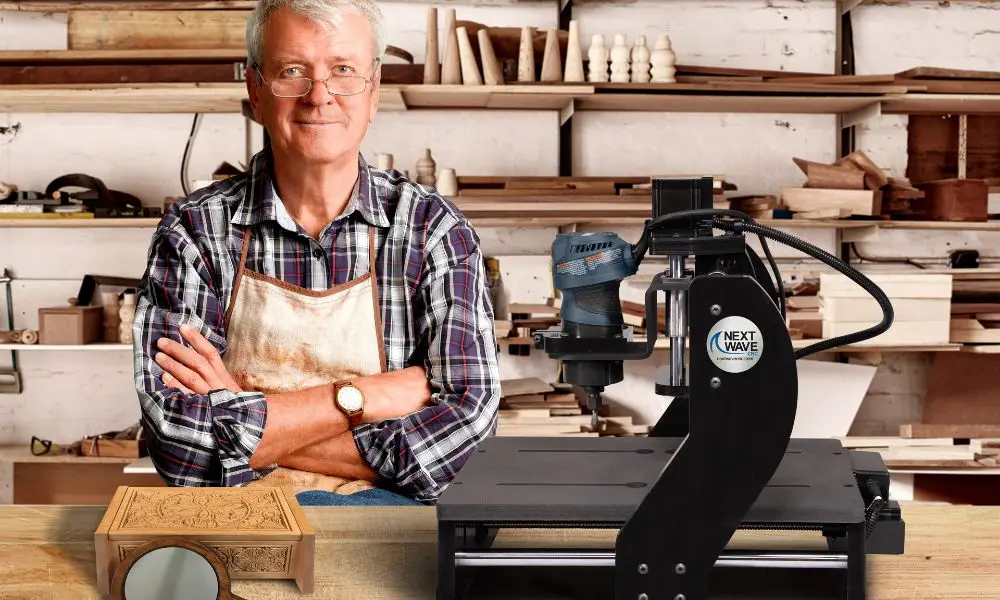
Many woodworkers use CNC machines to create unique and intricate pieces that would be hard or impossible to complete by hand. When using this tool, understanding the importance of maintaining a tight tolerance is crucial to producing high-quality products. Tight tolerance refers to the degree of accuracy and precision in the dimensions of a piece. In this guide, we’ll detail tips for tight-tolerance CNC machining that every user should know.
Allow the Machine To Warm Up
Before starting any project, always allow the CNC machine to warm up for at least 10-15 minutes. This will ensure all its components reach the needed working temperature and are ready to work to their full potential. If you neglect this, thermal expansion—materials expanding or contracting due to temperature changes—can negatively impact the accuracy of your cuts.
Understanding the Cutting Tools
Having a comprehensive knowledge of each CNC router accessory’s capabilities and limitations allows you to make the most informed decisions. Always review the tool’s manual before selecting a cutting or engraving accessory for your machine. Likewise, ensure the tools you purchase are compatible with your CNC machine brand and model.
Pro Tip
Keep your cutting tools sharp, as a dull tool can lead to poor performance and even damage your machine.
Calibrate Your Machine Accordingly
The next tip for tight-tolerance CNC machining is to always have proper machine calibration. This process involves setting up your machine to operate within specific tolerances based on your project’s requirements. The precision of calibration can significantly influence the accuracy of your machining process.
Each project you do may require different calibration settings. Be flexible and willing to adjust your machine accordingly to achieve the best results. If you’re unsure what calibration to set your CNC to, review the product manual, which often details specific instructions for different materials and project types.
Consider the Material You’ll Cut
The type of material you’re machining plays a significant role in determining the success of your project. For example, the parameters you’d use for cutting wood would differ from those required for plastic since wood is often denser and harder to cut.
Knowing the material’s properties will allow you to adjust your machine accordingly, ensuring a smooth and efficient machining process. This understanding can also help prevent potential issues such as tool breakage or damage to the material.
Buy a Quality CNC Machine
The quality of your CNC machine significantly impacts its precision. High-quality machines offer better performance, reliability, and durability, which is essential for tight tolerances.
NextWave CNC sells high-grade CNCs that are the perfect choice for professional woodworkers and DIY enthusiasts. Don’t settle for a subpar machine that could compromise your project’s success.
